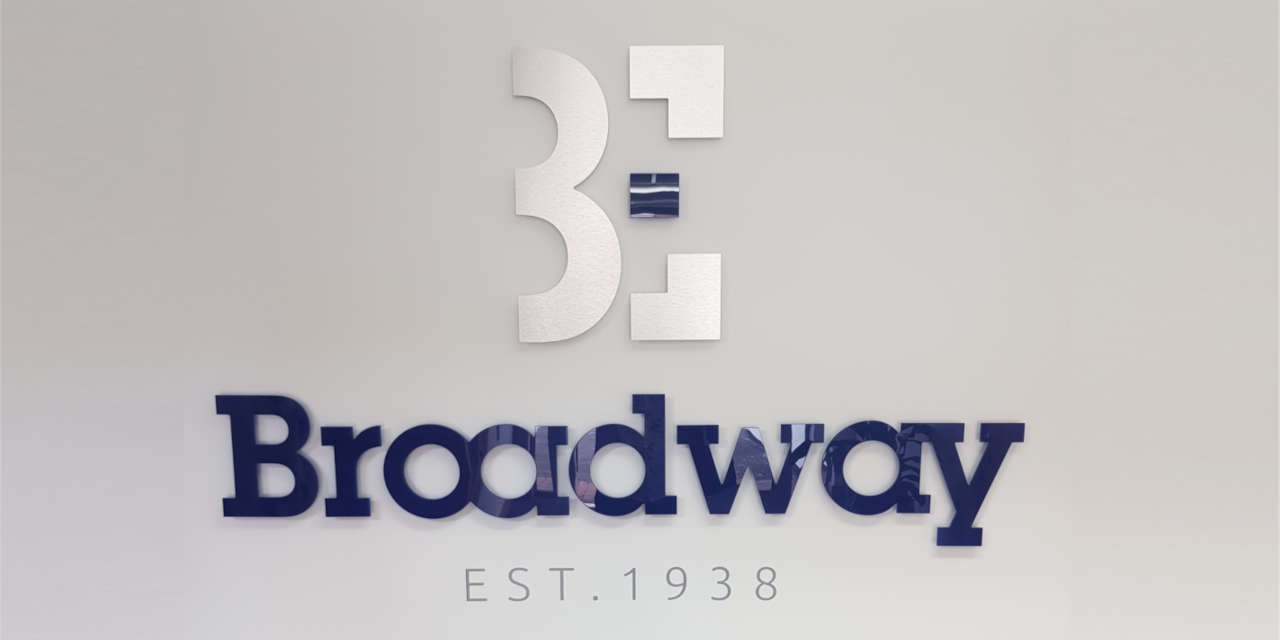The laboratory experts
Demineralisation process which removes inorganic salts from water
Demineralisation is a process by which inorganic salts, often referred to as Total Dissolved Solids (TDS), are removed from source water using a similar ion exchange process to the one found in water softeners. Total demineralisation of water can be obtained by mixing several types of ion exchange resin together - hence the name mixed bed. The vessel contains cation resin, which is strongly acidic, and anion resin, which is strongly alkaline.
When the water passes through the resin bed, the content of cation and anion in the water are exchanged for H+ and OH- respectively, which combined gives the result H20. Demineralised water contains hardly any cations and anions, therefore, the conductivity is very low, < 0.2 µS/cm. The content of silicic acid and free carbon dioxide are also significantly reduced, meaning minimal corrosion and scale deposits.
Typical Applications
- Residential homes
- Hotels & restaurants
- Schools, colleges and universities
- Sports centres & leisure facilities
- Laboratories
- Dentistry
- Printing
Markets
- Residential homes
- Hotels & restaurants
- Schools, colleges and universities
- Sports centres & leisure facilities
- Laboratories
- Dentistry
- Printing








Optimised Water
Patented technology for specialist water treatment applications worldwide
Technical and medical applications demand demineralised water, which can be produced simply and efficiently from drinking water with our BWT bestdemin PLUS filter system. A mixed bed ion exchanger rids the raw water of all dissolved salts. The resulting fully desalinated and demineralised water corresponds to DIN EN 13060 and DIN EN 285 and is suitable for a range of uses. It can be used in laboratories to set up reagents professionally or to clean devices without residue. It is essential for steam generation in sterilisers for medicine and dentistry, as it completely prevents salt deposits. This filter technology can also be used to protect steam generators in commercial laundries.
BWT bestdemin PLUS is operated without waste. Valves in the filter head prevent backflow into the drinking water line or filter cartridge and prevent water from escaping. BWT bestdemin PLUS food-safe filters are pressure resistant and safe. They can be operated on any drinking water system worldwide.


Our Services


